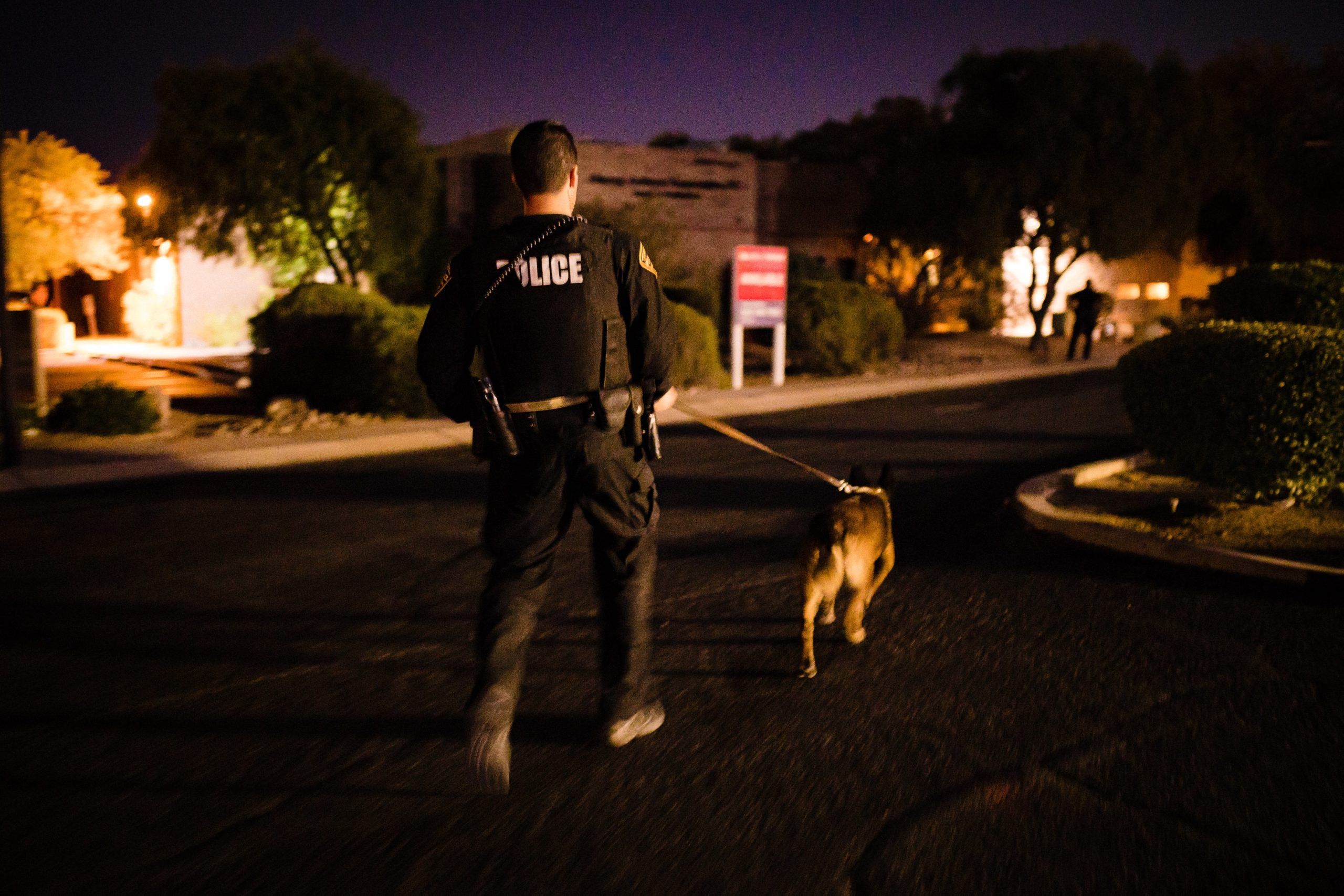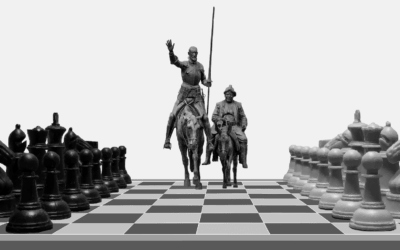EPISODE 103
Do You Feel In Charge? Training a Working Dog

Are you training your dog, or is your dog training you?
Jim and Mike talk about what it means to work with a service dog, what distinguishes them from pets, how to select them, train them, and employ them. Mike also talks about different training methods and how some of them work in different ways.
The principles of dog training go outside of just employing a dog in a working environment. A dog who follows simple commands will help keep your dog, and your family, safe and happy.
Links:
The Power of Training Dogs with Markers (Clickers)
The Groundwork to Establishing Pack Structure with Adult Dogs
The Problem with All-Positive Dog Training
Learning Concepts by R.S. Eden
Like what we’re doing? Head over to Patreon and give us a buck for each new episode. You can also make a one-time contribution at GoFundMe.
Intro music credit Bensound.com
CLICK BELOW TO SUBSCRIBE NOW ON YOUR FAVORITE PLAYER
THANK YOU TO OUR SPONSORS! PLEASE GO CHECK THEM OUT
Recent Episodes
Teaching the Enemy: Lessons from The Dragons and the Snakes
From guerrilla warfare and liminal conflict to use-of-force doctrine and law enforcement tactics, this episode connects military theory to street-level realities. Are we in a new kind of war without even knowing it? And what are we teaching our opponents every time we act?
It’s Chess AND Checkers–Tactics and Strategy Unite!
Why do we focus so much on tactics and so little on strategy? In this episode, Mike and Jim tackle the divide between street-level action and big-picture thinking. Drawing on lessons from policing, the military, and community crime prevention, they explore how individual cops, community members, and leaders can influence criminal decision-making—not just react to it.
Topics include resource constraints, the Broken Windows theory, and strategies for shifting offender perceptions to prevent crime before it occurs.













0 Comments